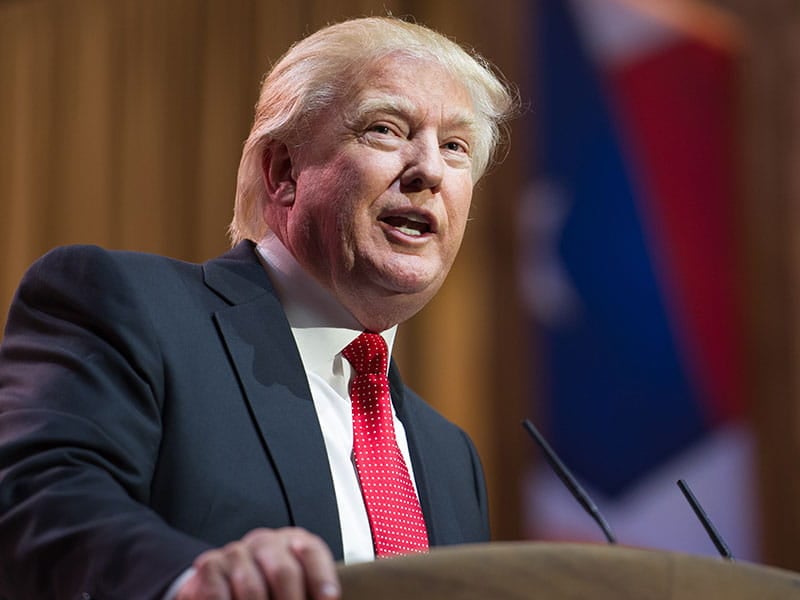Negotiations for the meeting [between King and] Kennedy had been going on for weeks, with one complication after another. King had a larger personal following than any other Negro leader and could reach the mass of Negro voters as no one else then could. ("Black" was not yet the acceptable term.)
We in the Civil Rights Section of the [Kennedy] campaign wanted somehow to demonstrate Kennedy's support for King and King's respect for Kennedy, and thought a well-publicized meeting of the two would help. We thought it would add important momentum to the campaign, and help counteract the anti-Catholic mood of many deeply Protestant Negro clergymen. King's own father, a Baptist minister, had signed a newspaper advertisement for Nixon, solely on religious grounds.
[Later in the campaign, intervention from the Kennedys helped get King released from jail.] Outside the prison, King said, "I am deeply indebted to Senator Kennedy, who served as a great force in making my release possible."
While he did not endorse Kennedy outright, the Atlanta Journal reported, "He did just about everything short of it." To the congregation [at a service that night] he said, "I never intend to be a religious bigot. I never intend to reject a man running for President of the United States just because he is a Catholic. Religious bigotry is as immoral, undemocratic, un-American and un-Christian as racial bigotry."
Dr. King, Sr. chose that evening to make his public announcement:
"I had expected to vote against Senator Kennedy because of his religion. But now he can be my President, Catholic or whatever he is. It took courage to call my daughter-in-law at a time like this. He has the moral courage to stand up for what he know is right. I've got all my votes and I've got a suitcase and I'm going to take them up there and dump them in his lap."
[Shortly before Election Day, Wofford was alone with Kennedy.] I walked with him out on the runway to his plane, the Caroline. He was carrying his three-year-old daughter on his back, and my five-year-old son, Daniel, was on mine. The sun was shining and his gaiety that day had the air of victory about it.
Then, in the only reference I ever heard him make to the King affair, he asked, "Did you see what Martin's father said? He was going to vote against me because I was a Catholic, but since I called his daughter-in-law, he will vote for me. That was a hell of a bigoted statement, wasn't it? Imagine Martin Luther King having a bigot for a father!"
He said it lightly, and as we parted, he grinned and added, "Well, we all have fathers, don't we?"

